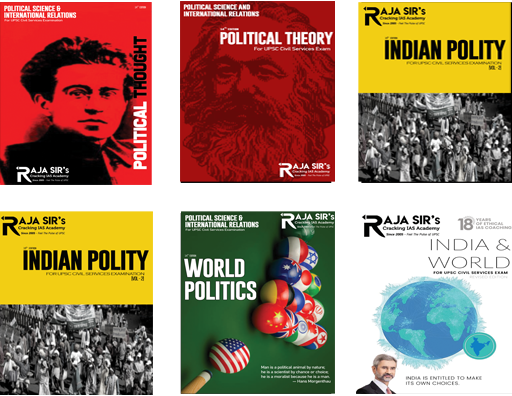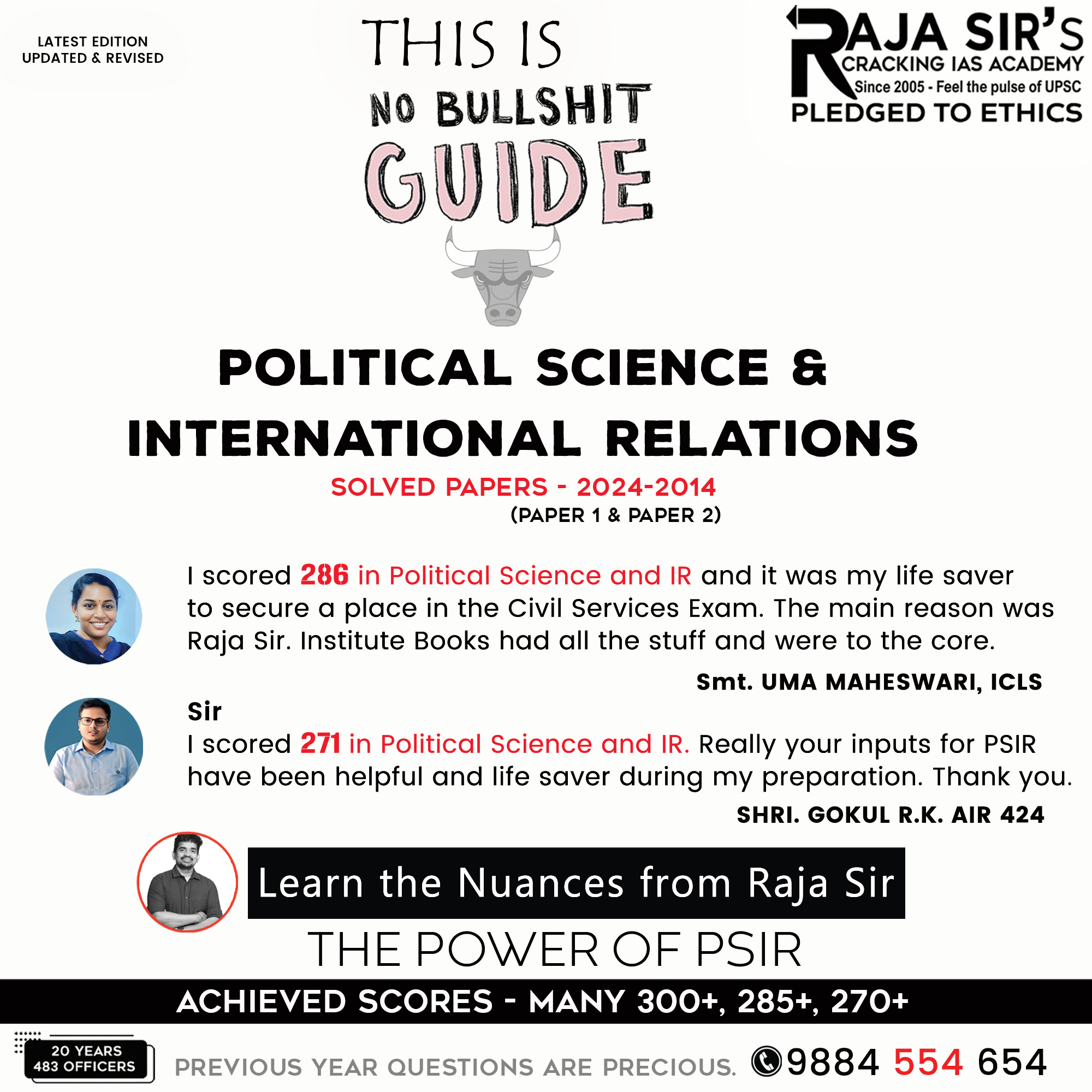- Home
- Prelims
- Mains
- Current Affairs
- Study Materials
- Test Series
What is the Marxist and liberal approach towards the state? On what grounds the theoretical differences between them are premised? Explain. (UPSC CSE Mains 2025- Political Science and International Relations, Paper 1). 20 Marks

A state is a political organization with the power to make and enforce laws within a defined territory. Different ideologies—like liberalism and Marxism—interpret the state''s role in very different ways.
Liberal View of the State
- Nature: Seen as a neutral arbiter that protects individual rights and freedoms.
- Purpose: To uphold the rule of law, ensure justice, and maintain order while limiting interference in private life.
- Role: Supports capitalism and a free-market economy, with minimal state intervention.
- Nature: Believes individuals are rational and capable of self-governance.
- Political Structure: Emphasizes constitutionalism, democracy, and pluralism.
- Future of the State: The state is considered a permanent institution necessary for societal stability.
John Locke (1632–1704), widely regarded as the father of liberalism, argued that individuals possess natural rights to life, liberty, and property, and that the state arises from a social contract to protect these rights. He maintained that government legitimacy depends on the consent of the governed, and that people have the right to overthrow a tyrannical ruler who violates the contract.
Over time, liberal theory has evolved into classical liberalism (favouring minimal state intervention), welfare liberalism (supporting state action to ensure equality of opportunity), and neoliberalism (emphasizing free markets and individual responsibility).

Marxist View of the State
- Nature: Viewed as an instrument of class oppression, serving the interests of the ruling bourgeoisie.
- Purpose: To maintain capitalist dominance and suppress the working class (proletariat).
- Role: Critiques capitalism as exploitative; advocates for socialism and eventual communism.
- Nature: Individuals are shaped by their class position and economic conditions.
- Political Structure: Calls for revolutionary change to dismantle capitalist structures and build a classless society.
- Future of the State: Believes the state will wither away after the establishment of communism.
The Marxist view of the state was primarily shaped by Karl Marx and Friedrich Engels, with later contributions from Vladimir Lenin, Ralph Miliband, Nicos Poulantzas, Antonio Gramsci, and Louis Althusser, each refining or expanding the theory. Marxists see the state as the "executive committee of the capitalist class", using both coercion (police, military, legal system) and ideology (education, media) to keep the subordinate classes in check.
Neo Marxists such as instrumentalists (Ralph Miliband) emphasize direct control by capitalists, whereas structuralists (Antonio Gramsci) emphasize the state’s structural role in maintaining the capitalist system, even at the expense of individual capitalists’ immediate interests.
These philosophical foundations differentiate the Liberal and Marxist views of the state.










 Latest News
Latest News
 General Studies
General Studies